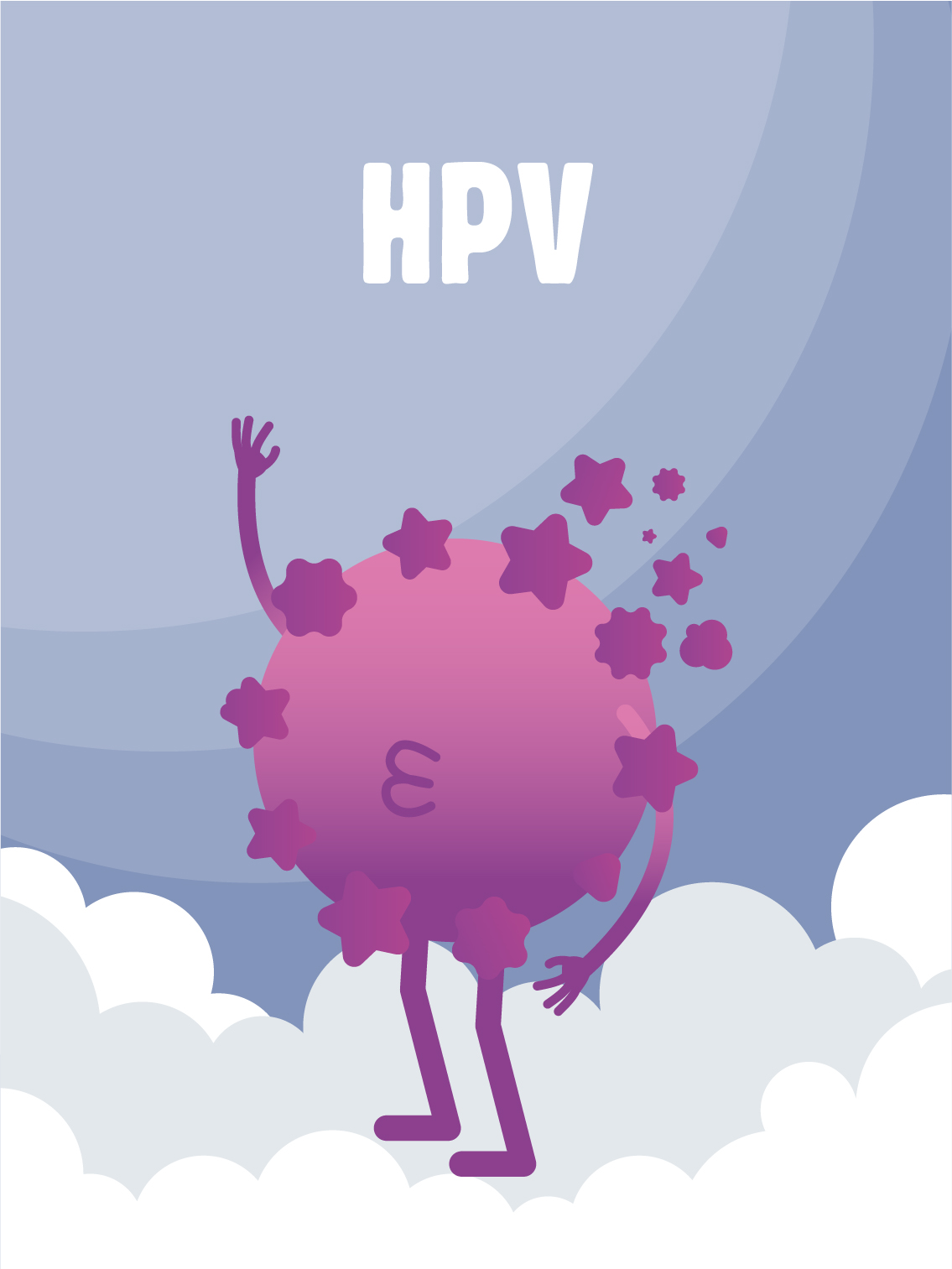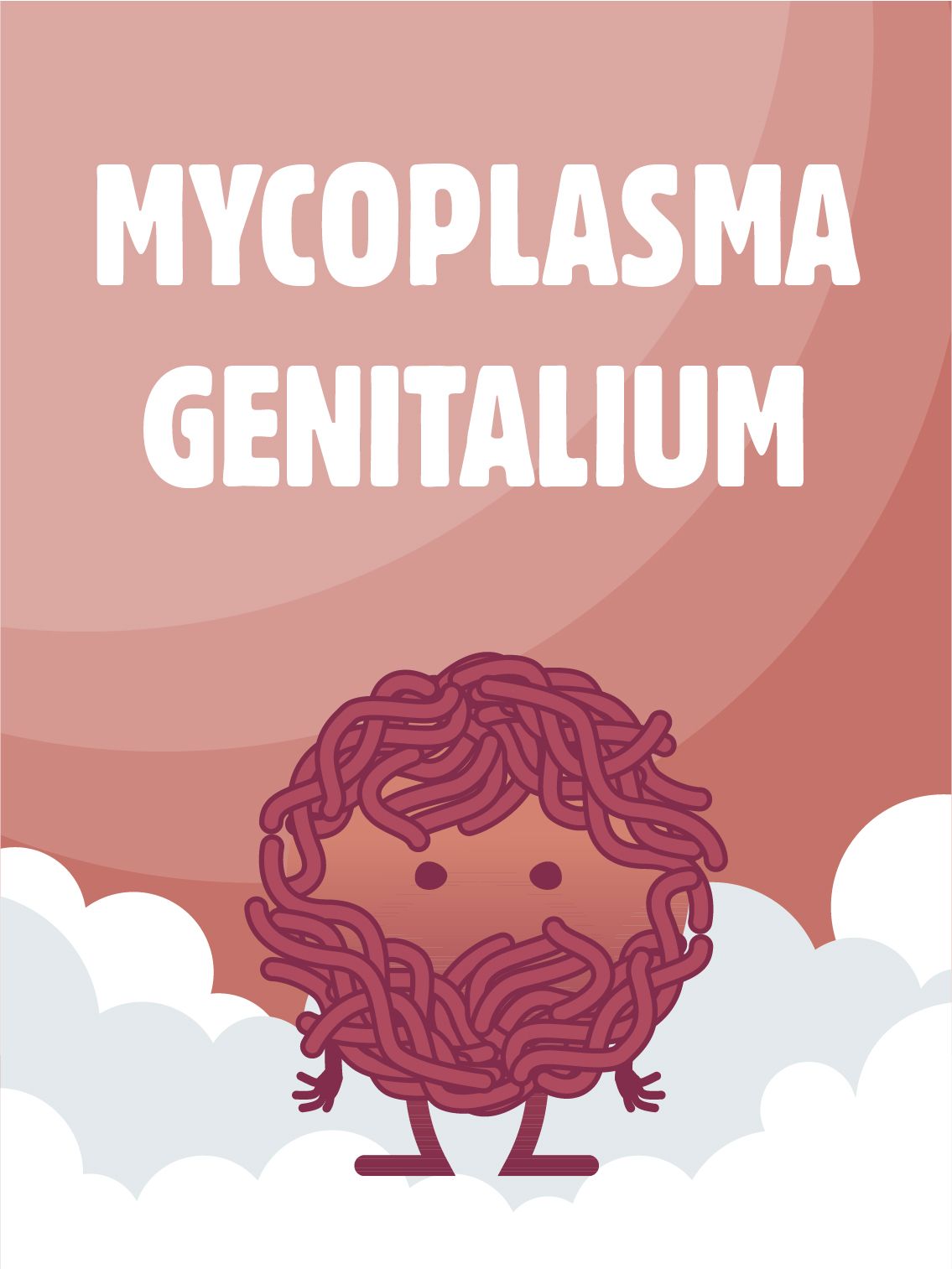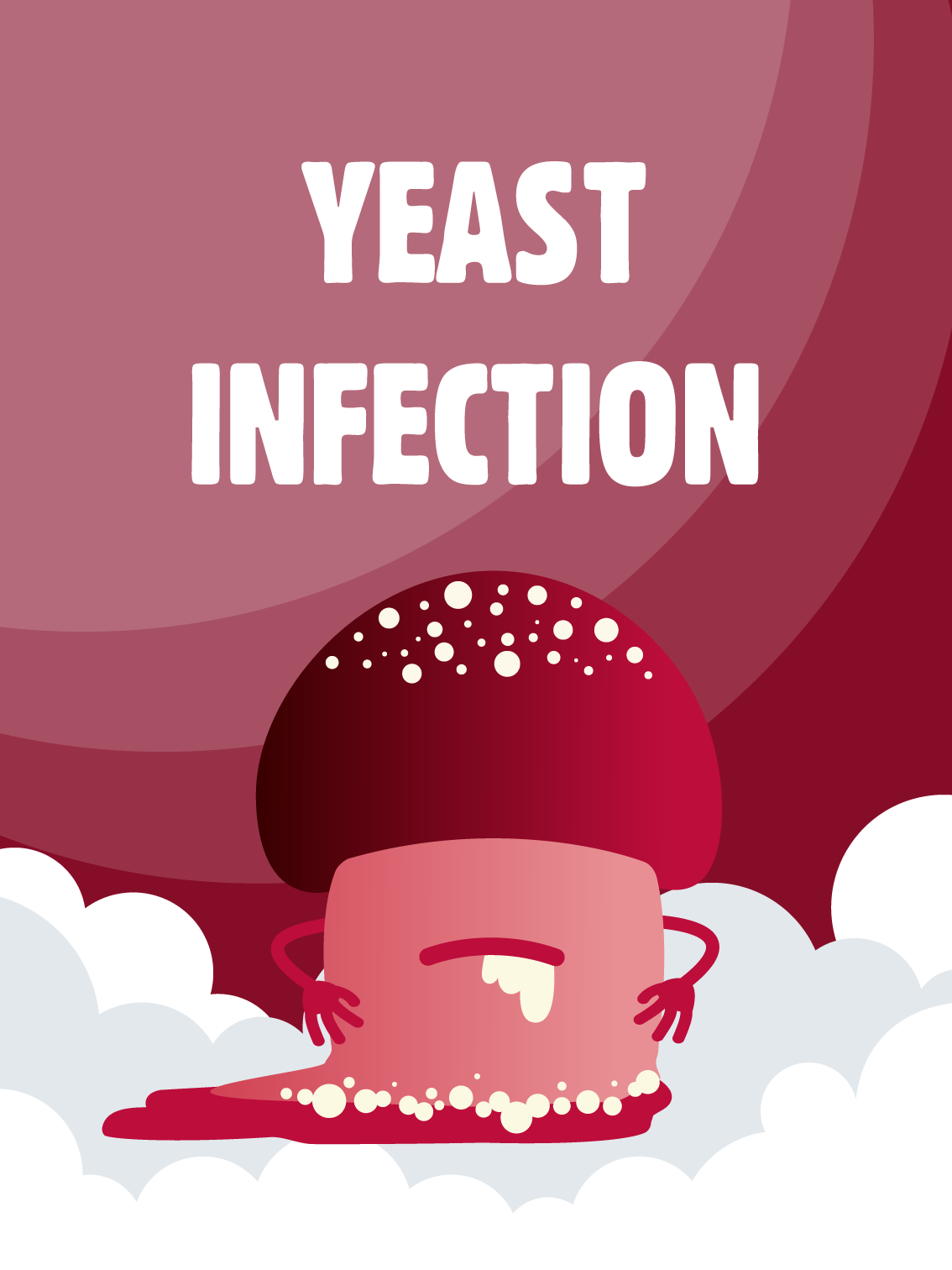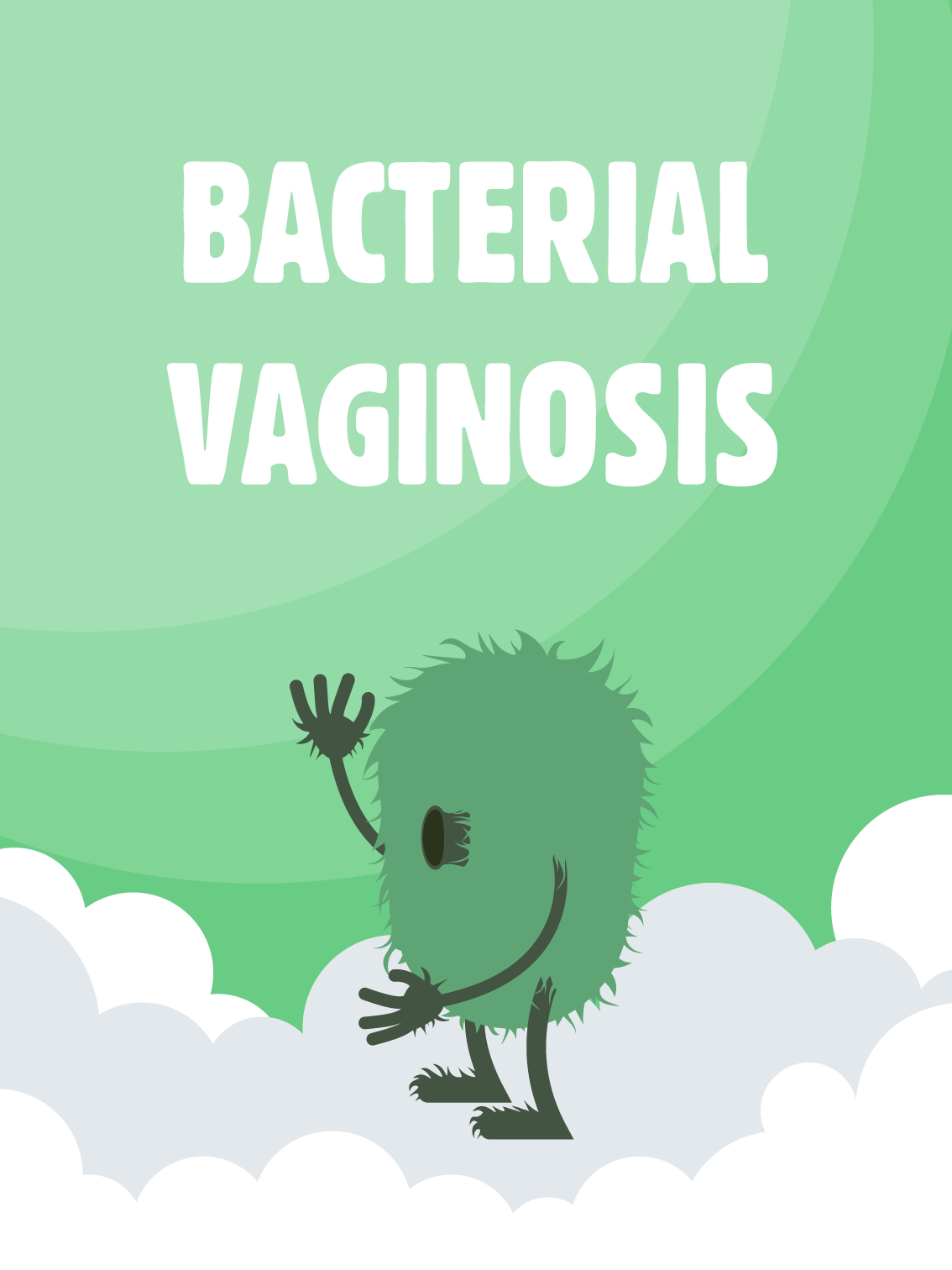HEPATITIS B

Hepatitis B is an inflammation of the liver resulting from infection with the hepatitis B virus. This infection can manifest itself in acute form, characterized by limited severity and duration, or in chronic form (cirrhosis), persisting over the long term.
In 90-95% of cases, hepatitis B is a self-limiting infection with which immunity is acquired.
Hepatitis B is transmitted :
- During unprotected sexual intercourse;
- Via contaminated blood (drug injection ...) ;
- During childbirth.
- Sharing hygiene products (razors, toothbrushes, etc.)
- Transmission via saliva is rare but possible.
The symptoms of hepatitis B are often similar to those of influenza:
- loss of appetite, nausea
- fever
- muscle aches
- great fatigue (most common symptom)
- jaundice and dark urine (30-50% of cases in adults, rare in children)
Hepatitis B infection is often silent and asymptomatic.
In some cases, the body eliminates hepatitis B naturally. In other cases, if not treated in time, serious complications can arise, such as chronic hepatitis, cirrhosis, cancer, fulminant hepatitisboth of which can lead to death.
Co-infection with hepatitis B and HIV is common, and increases the risk of complications (cirrhosis, liver disease).
Since hepatitis B is often asymptomatic and impossible to differentiate from other forms of hepatitis, a blood test is the only way to confirm infection.
The vast majority of healthy adults can eliminate the hepatitis B virus from their bodies naturally, without the need for medical treatment. However, in around 5-10% of adults who fail to do so, hepatitis B can progress to a chronic (cirrhosis) or latent (the person is a carrier but the virus is inactive) form. Early diagnosis enables effective treatment of hepatitis B with antivirals.
Vaccination
A free, highly effective vaccine has been available in Belgium (since 1999) at the same time as other infant vaccines. In most cases, four injections guarantee lifelong immunity. A catch-up injection is possible during adolescence.
Adults who are not immunized can also be vaccinated with three injections. You can ask for a blood test to check whether you are already immune to hepatitis B.
More information on the hepatitis B vaccine at www.vaccination-info.be
Preventive measures
To minimize the risk of contamination :
- uses condoms (internal or external) and latex squares (for oral sex);
- use sterile and/or single-use injection equipment;
- Avoid contact with contaminated blood;
- do not share toothbrushes, manicure equipment, razors, etc.
Sources
World Health Organization: WHO & World Health Organization: WHO. (2020, July 27). Hepatitis B. https://www.who.int/fr/news-room/fact-sheets/detail/hepatitis-b#:~:text=L "h%C3%A9patitis%20B%20is%20a%20inflammation%20of%20the%20liver%20caused%C3%A9e%20by,cirrhosis%20or%20cancer%20of%20the%20liver"..
Klamer, C. Wyndham-Thomas, V. Suin. Epidemiological surveillance of hepatitis B, the hepatitis B virus - 2018. Sciensano online publication, 2020. Accessed 20/03/2024.
Hepatitis A, B, C, D and E. (s. d.). sciensano.be. https://www.sciensano.be/fr/sujets-sante/hepatites-a-b-c-d-et-e
















